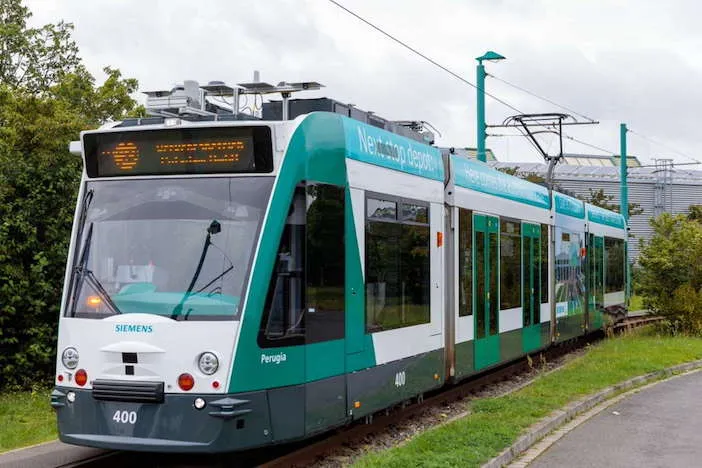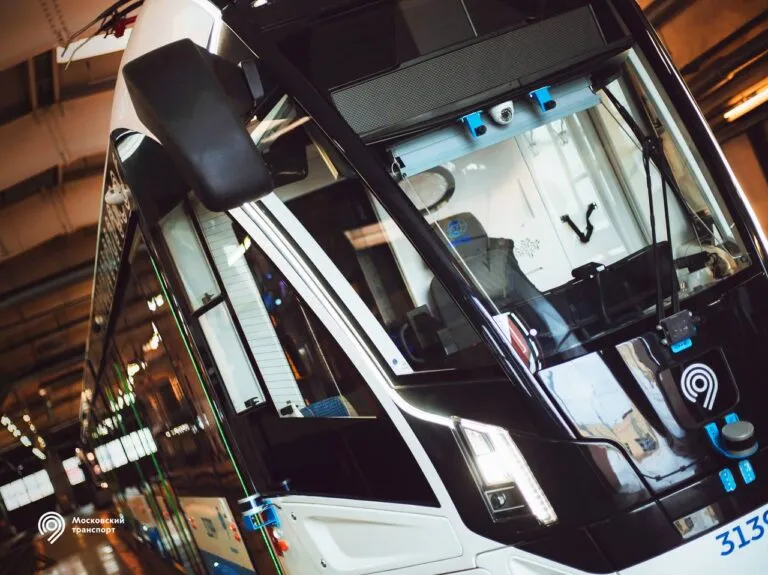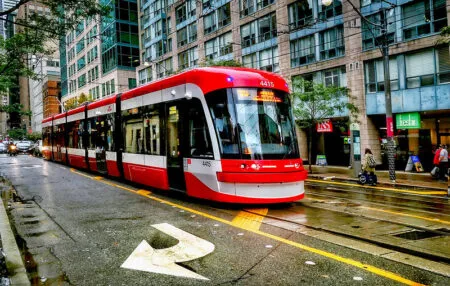Driverless trams will be tested in Moscow by the end of 2022 and into 2023, the deputy mayor of Moscow for transport, Maksim Liksutov, has confirmed.
Speaking at the event Robots in the City: The Future of Megacities with Autonomous Transport, held by the Noôdome community in Moscow, Liksutov presented the tram project as part of a legislative drive to ensure that everything possible is done to enable driverless transport in Moscow as quickly as possible.
“The Government of Moscow supports modern Russian-made driverless technologies. We believe in their future,” said Liksutov. And while he admitted that it may be 10-15 years before fully driverless vehicles dominate our roads, he stated that some of their safety benefits could be felt much sooner with autonomous pilots, such as the tram scheme.
The Moscow government is working with Yandex on the driverless tram project, which will first be tested at depots at night, and eventually with passengers. Trams make a good trial project for autonomous systems as in Moscow 80% of tram lines are already segregated from other road users.
Driverless technologies might be implemented on other types of transport as well: on the Moscow Central Circle (MCC), Russian Railways plan to reduce headway to three minutes or less thanks to automated control technologies.
“In Moscow Metro, the headway of trains during rush hour is 80-90 seconds. There is yet no company in Russia that can offer a solution to ensure such headways in driverless mode. We know that developments are underway, and we are very interested in them,” says Liksutov.
Moreover, Sergey Sobyanin, the Mayor of Moscow, is supporting the projects for the development of driverless taxis. The Moscow City Duma (the legislative body of Moscow) also approved the proposal to introduce an experimental legal regime for testing driverless taxis in the capital. in 2022, Yandex driverless taxis will be launched on some routes.
Among other things, driverless transport can solve the problem of the shortage of drivers for urban transport.
“We are among the first to introduce the latest technologies and services in transport, including Face Pay, a virtual Troika smart card, the city app based on the MaaS principles, and the transition to electric buses,” says Liksutov. “However, it should be understood that there will be no driverless transport boom in the near future, but we believe that urban transport can become the driving force. And a driverless tram is a realistic future.”

Other ongoing projects to develop autonomous trams in Europe include the Siemens’ pilot in Potsdam, Germany and the smart sensor roll out in Florence, Italy.





